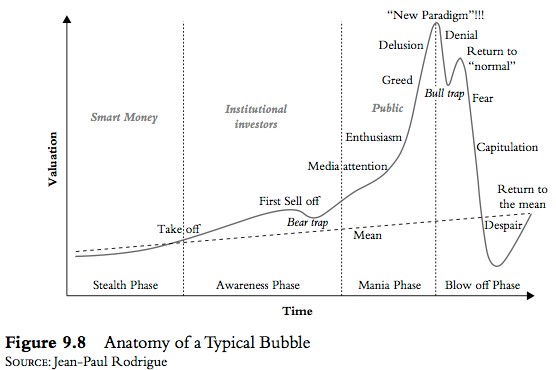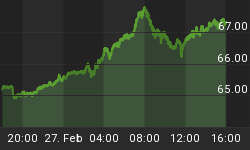They say, the more things change, the more they stay the same. It’s a decade since the last financial crisis and some observers are growing increasingly jittery with the recent spate of never-ending trade tensions and major asset bubbles appearing in countries like Japan.
Despite the availability of early detection and warning systems like the IMF’s Early Warning Exercise, a cross-section of experts firmly believes that financial crises are in-built into the very fabric of financial systems and are therefore almost inevitable.
Professor Keen, a fierce critic of conventional economics, certainly thinks so. Meanwhile, Nomura has just issued a note saying that the markets have undergone the biggest shift from growth to value since the Lehman Brothers.
Three market experts, managing a combined $1 trillion-plus in assets, have also weighed in.
Here are some excerpts from their interviews with CNBC:
#1 Suni Harford, head of investments UBS Asset Management
One of the largest asset managers in the world, UBS Asset Management is a diversified mutual fund that specializes in both traditional and alternative asset classes. Harford has this to say about the possibility of a financial crisis:
"I am not worried at all about an [imminent] financial crisis. This is a benign, very strong economic environment, and while it will be maybe more volatile than we're used to over the past decade, I think we're in very good shape." Related: China Is Ready For Trade War Escalation
Harford thinks that the next financial crisis will feature nationalism, territorialism and other issues that fall outside the scope of contemporary politics.
"The fines that are coming out across the world for individuals are making it more and more difficult for companies to act and invest globally, which makes it that much harder for the world to invest when capital flows are constrained. I have to be nervous about what that could do for a financial crisis situation."
#2 David Villa, CIO Wisconsin State Investment Board
Unlike Harford, Villa is less sanguine and thinks that a crisis could come knocking in a few years’ time, triggered by the usual suspects:
"I think the next financial crisis is several years into the future. And I think it's going to be triggered by the three classic events: interest rates will peak, the economy will slow down and then defaults will peak."
But Villa also says that a crisis is not looming yet because credit excesses are still within manageable levels.
#3 Marc Levine, chairman Illinois State Board of Investment
Levine shares Villa’s view that a financial crisis in the near-future is unlikely because current fundamentals are nothing like those that preceded past crises:
"During my career, there was a modest recession in the 90s that was based off of silly commercial real estate lending, and then we saw the big bubbles in the late 90s with dotcom and crazy valuations of tech stocks and of course the mortgage crisis. I have to tell you, I just don't see these large, fundamental excesses [today]."
He, however, points at possible weak points:
"I see some things that I don't love, like high yield and emerging market debt, But again, those are really modest and they're not going to create these massive, massive problems like those mortgages and mortgage derivatives that completely polluted the global banking system and created a crisis that we're kind of still living through the waves today."
Outlook for the Financial System
Many experts agree that our current financial system is more resilient than it was during the last crisis.
Related: Stock Markets At A Crossroads
However, we still need to remain vigilant. Both people and finance companies tend to have a short memory for adverse events--too quick to forget than common sense would suggest. People tend to get lulled into a false sense of security when things are going well, leading to imprudent risks and excessive risk taking.
Further, financial systems are inherently complex, which coupled with our limited cognitive abilities, makes them unpredictable.
And keep this in mind: Many financial crises start as asset bubbles, and the typical metamorphosis looks like this:

(Click to enlarge)
Source: Jean-Paul Rodrigue
By Alex Kimani for Safehaven.com
More Top Reads From Safehaven.com
















